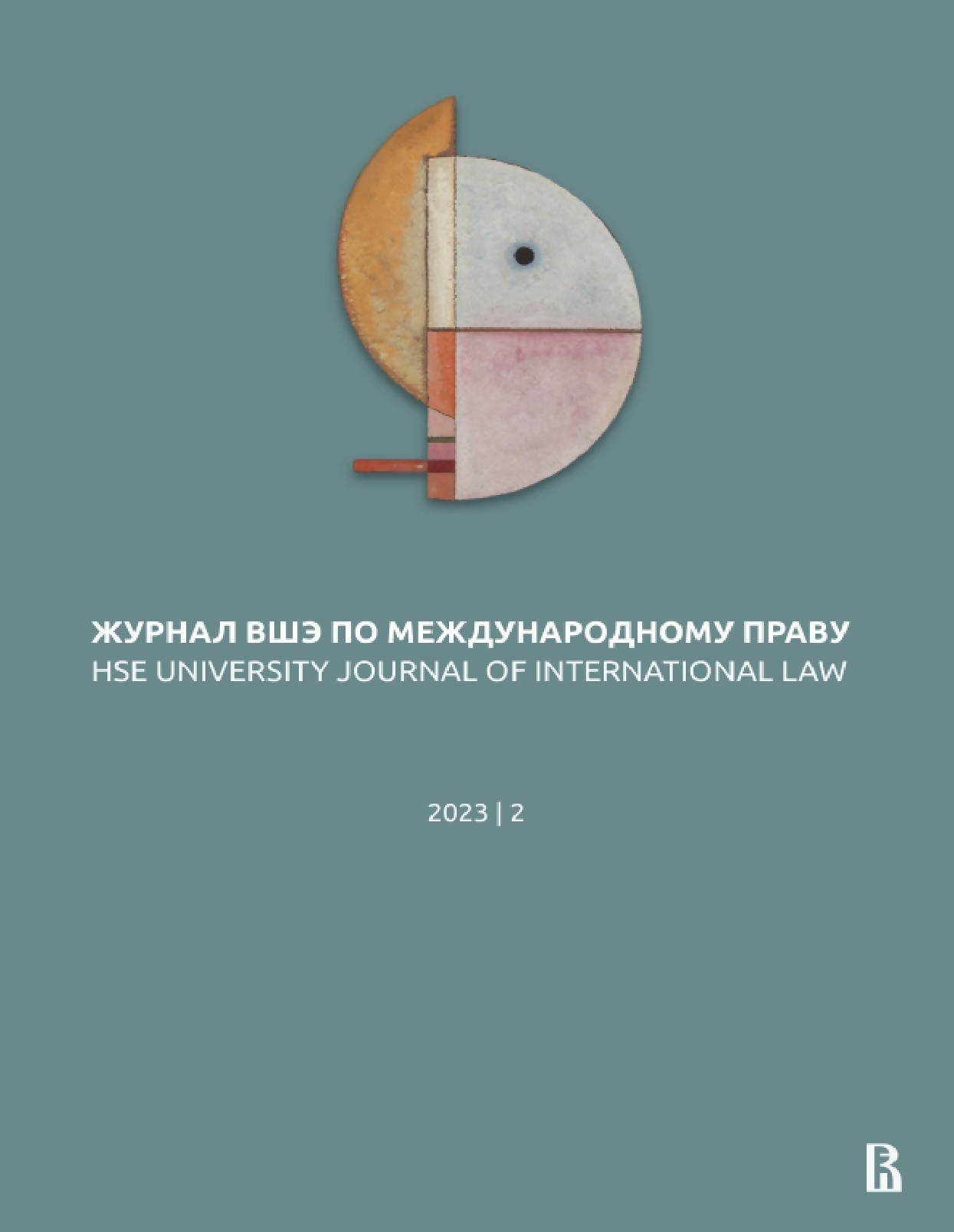Interpretation of the Security Exceptions in United States — Origin Marking Requirement
Abstract
For the first time in the history of the WTO, the security exception was interpreted in the dispute Russia — Measures Concerning Traffic in Transit. For the second time, a similar provision was interpreted in the dispute Saudi Arabia — Measures concerning the Protection of Intellectual Property Rights concerning the protection of intellectual property rights. The two panels in the two disputes followed a similar approach and used a combined approach to interpret the national security exceptions: a subjective approach for one part of the exception and an objective approach for the other part. In doing so, the panels took a narrow approach to interpreting the term “emergency in international relations”. The described, rather balanced and logical approach was substantially changed in the recent dispute US — Origin Marking Requirement. Unlike the panels in the previous two disputes, the Panel in the US — Origin Marking Requirement undertook a broad approach to interpreting the term “emergency in international relations”. The use of this approach may further exacerbate the current crisis in the WTO dispute settlement system and facilitate abuse by respondents in using the security exceptions in order to justify measures which are inconsistent with WTO agreements. Applying such a broad interpretation would result in a situation in which WTO law is complied with at will, as WTO Members would be able to rely on any situation involving tension in any international relations in order to justify trade-restrictive protectionists measures.
Downloads
References
Boklan D., Bahri A. (2020) The First WTO’s Ruling on National Security Exception: Balancing Interests or Opening Pandora’s Box? World Trade Review, vol. 19, no. 1, pp. 123–136. DOI: https://doi.org/10.1017/s1474745619000430
Boklan D., Murashko E. (2022) Sanktsii v otnoshenii uslug i natsional’naya bezopasnost’: opravdanie ili zloupotreblenie? [Sanctions on trade in services and national security: justification or abuse?] Mezhdunarodnoe pravosudie, vol. 12, no. 3, pp. 139–156. (In Russian).
Bossche P. van de, Akpofure S. The Use and Abuse of the National Security Exception under Article XXI(b)(iii) of the GATT 1994. WTI Working Paper No. 03/2020. DOI: https://doi.org/10.1163/9789004470354_004
Bossche P., Zdouc W. The Law and Policy of the World Trade Organization. Cambridge University Press, 2013. DOI: https://doi.org/10.1017/9781316662496
Lindsay P. (2003) The Ambiguity of GATT Article XXI: Subtle Success or Rampant Failure? Duke Law Journal, vol. 52. no. 6, pp. 1277–1313. DOI: http://doi.org/10.2307/1373171
This work is licensed under CC BY-NC-ND 4.0


